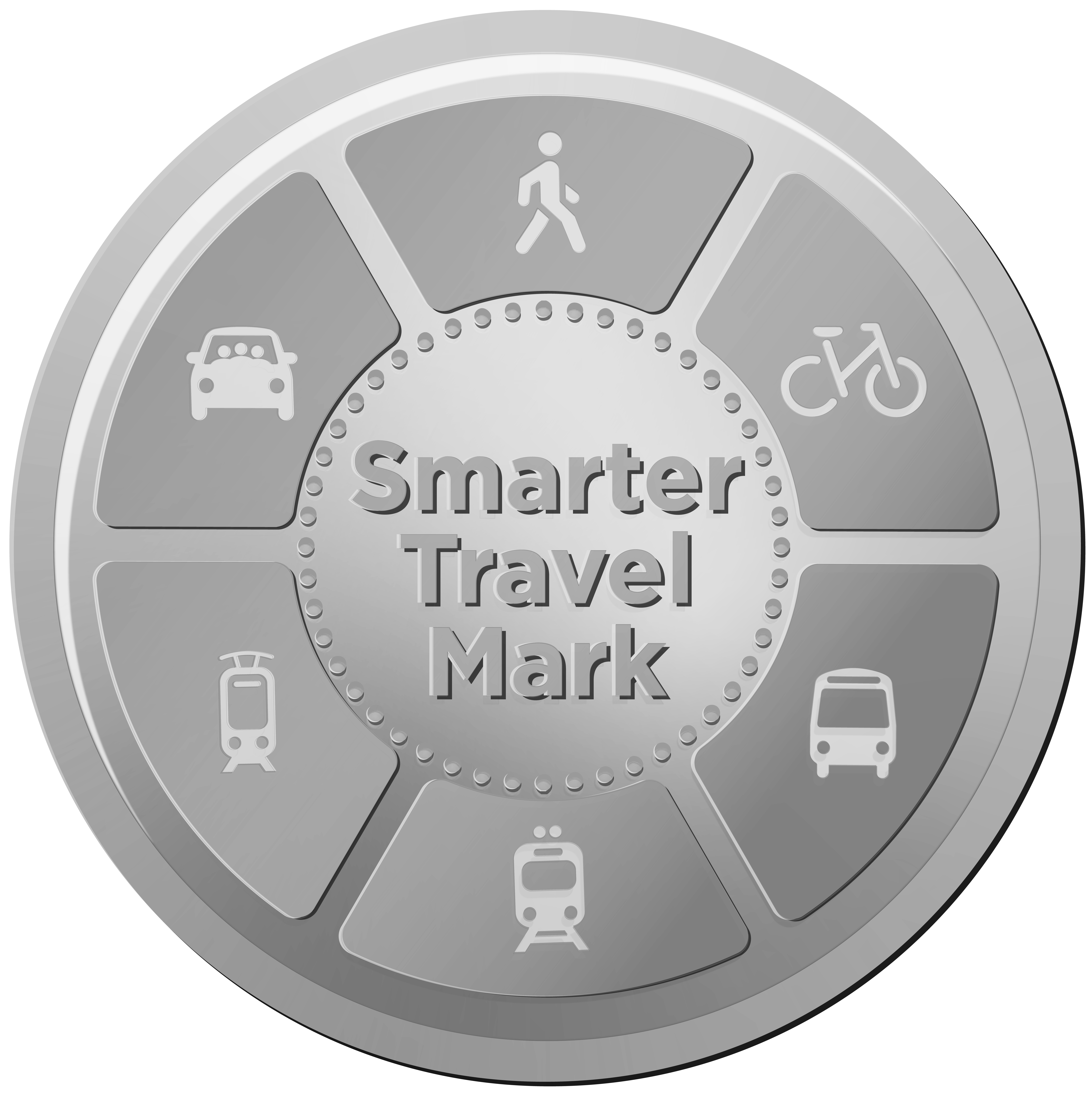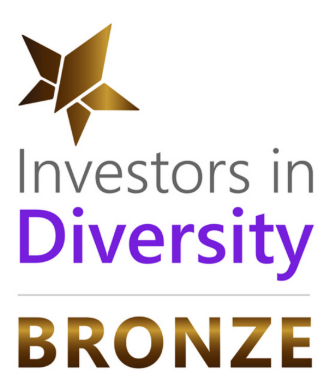Snapshot of quality in private and independent higher education
QQI has published a new report on quality assurance and enhancement within the private and independent higher education sector as part of its Insights series. The report is based on a synthesis of the annual quality reports (AQR) submitted by these HEIs in 2021.
Although most of its findings relate to quality assurance initiatives and enhancement matters, the synthesis report also reveals a growing interest in attaining delegated authority (DA) to make awards, particularly amongst some of the larger private and independent higher education institutions.
Background
The annual quality reporting process is well embedded within the publicly regulated higher education institutions; 2021 was the first year of submission of AQRs by private and independent HEIs.
This Insights report is a synthesis of the AQRs submitted by the first 17 private independent HEIs to have their quality assurance procedures approved by QQI through the reengagement process, and as such, it represents an important milestone in QQI’s relationship with the private and independent higher education sector
The report presents the main themes identified in the AQRs for the period from September 2019 to August 2020 and follows on from a series of inaugural quality dialogue meetings held in the summer of 2021 with these institutions.
Summary Themes
Unsurprisingly, the Insights report identifies two universal themes that impacted quality assurance implementation, development, and enhancement, both strategically and operationally, during the reporting period, namely, reengagement with QQI, and Covid-19.
Reengagement with QQI
The positive impact on quality assurance of the reengagement process is reflected in the report. This includes for example, changes to, and enhancement of, processes for governance of quality; enhanced representation of, and engagement with, learners; review and benchmarking of QA policies and procedures.; and the creation of new leadership roles and recruitment of new staff to support quality and the learner experience.
Modifications in response to Covid-19
Although some HEIs had already established internal QA infrastructures to support blended learning, the pivot to online learning still presented significant and unprecedented challenges for the HEIs’ internal QA systems.
The report provides insight into the adaptations undertaken by these institutions in the areas of governance, QA policies and procedures, arrangements for teaching, learning and assessment, and related support and development activities for staff and learners to facilitate online learning, whilst maintaining academic integrity.
Additional themes highlighted in this Insights report also include:
Devolved Responsibility for Evaluation (pre-Validation) and Delegated Authority to make Awards
The report also shows that certain institutions are interested in both delegated authority (DA) to make awards and devolved responsibility (DR) for programme evaluation.
Academic Integrity
Academic integrity is evident across the reports, with HEIs highlighting activities aimed at preventing academic misconduct in online assessment during the Covid-19 pandemic, and many reporting on the provision of professional development workshops and guidance in this area for staff.
Learner-Centred
The reports confirm the leaner-centred focus of the private and independent HEIs. This was particularly evident in the response taken during Covid-19 to meeting learner needs, and the provision of diverse and innovative learner resources and supports, both in the support of teaching and learning and learner health and wellbeing.
The insights includes examples from institutions, and a separate publication of case studies from both the public and private HEIs will be available shortly.


